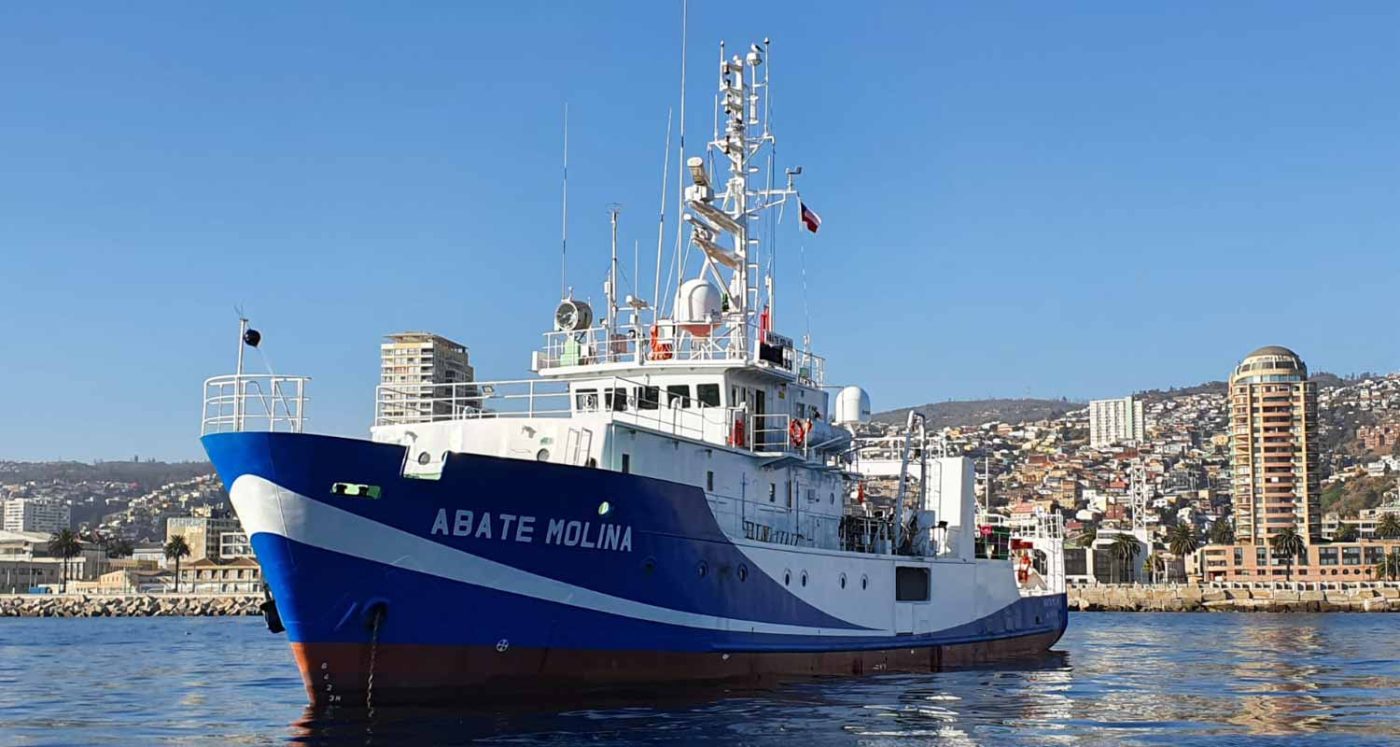The Pacific Alliance Network of Fisheries and Aquaculture Research Institutions (IIPA-AP Network) has agreed to promote and share training opportunities on topics of interest to the institutions of the member countries.
June 4, 2024.- During April and May 2024, the course “Phyton: Pre-processing of geophysical data for Hydrodynamic Models” was held virtually, organized by the Fisheries Development Institute (IFOP) of Chile, with the participation of researchers from the Pacific Alliance Network of Fisheries and Aquaculture Research Institutions (IIPA-AP Network).
The course, which was given by Dr. Frank Oyala of the Baja Marine Science Project of Mexico, aimed to train professionals in the mastery of Phyton programming, providing them with the necessary skills to acquire, analyze and visualize oceanographic data efficiently. The instructor indicated that “the participants were always attentive and expectant of what would be generated in each session during the course, they were motivated and surprised by the versatility and friendliness of the programming language, as well as by the multiple tools that Python offers for their work”.
In addition to researchers from IFOP, a researcher from the Peruvian Sea Institute (IMARPE), a researcher from the José Benito Vives de Andréis Marine and Coastal Research Institute (INVEMAR) from Colombia, and two researchers from the National Institute of Fisheries Research and Development (INIDEP) from Argentina also participated.
After the course, Katherine Vásquez from IMARPE pointed out the excellent development of the course in terms of subject matter and teaching methodology, since it not only addressed the topic of data processing and generation of figures, but also “showed in detail how to download the files themselves, even in a massive way, to be able to make our own climatological calculations of different variables and show the spatial distribution of these variables and their anomalies”.
For her part, Kelis Romaña of INVEMAR indicated that satellite and reanalysis products (due to their coverage and development) allow variables to be extracted at different scales, whose processing is facilitated using programming languages such as R, Matlab and Python. “This course provided us with the basic tools to initiate, strengthen and/or facilitate the pre-processing of oceanographic databases in Python”.
The executive director of IFOP, Gonzalo Pereira, highlighted the importance of generating this type of space where professionals from the different institutions that carry out research in fisheries and aquaculture in the region can develop and/or strengthen their capacities. Pereira said: “In IFOP we will continue promoting this type of initiatives that seek to promote capacity building for the generation of better information for decision making in our countries”.
COMMUNICATIONS PPT 2024 PACIFIC ALLIANCE

